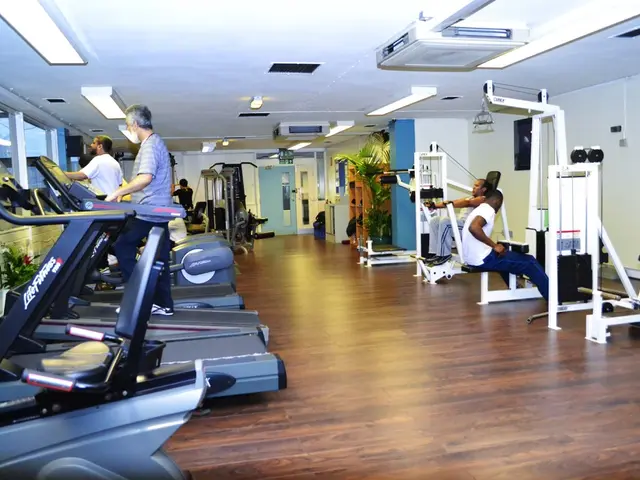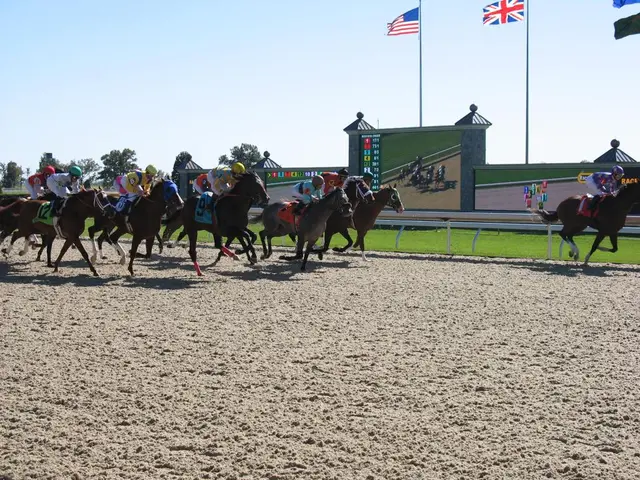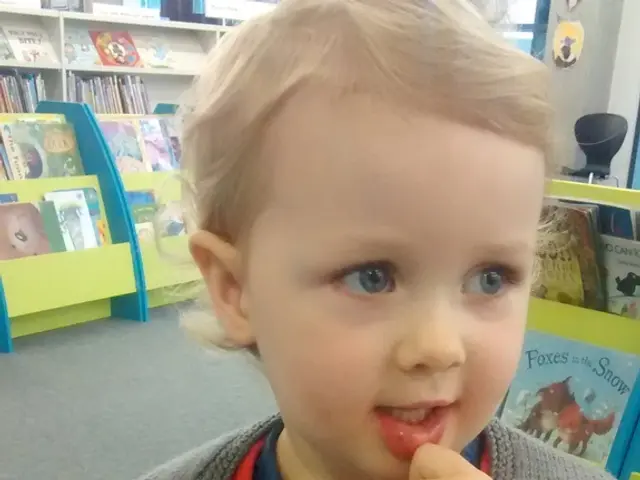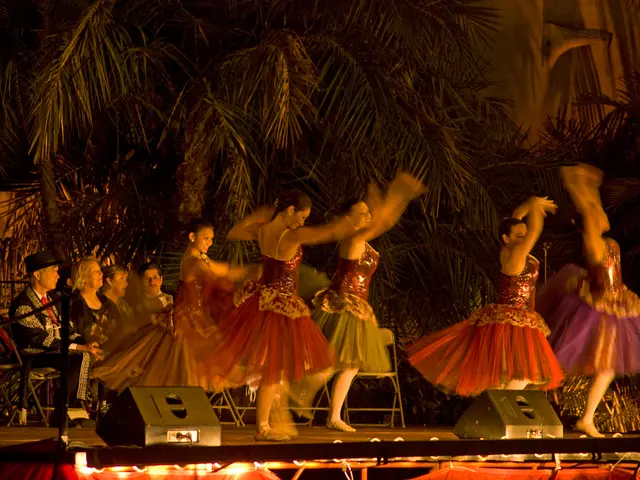Ukraine's Push for Justice: Wadephul Leads EU Foreign Ministers in Lviv
Showing Solidarity and Seeking Justice
Wadephul conferences with EU representatives in Ukraine
German Foreign Minister Johann Wadephul, on his maiden voyage to Ukraine, plans to demonstrate unity and meet with other EU foreign ministers in the city of Lviv. The Ukrainian government hopes to make significant strides in advancing an essential agenda item during this gathering [1][3].
Wadephul touched down in Ukraine on Thursday evening, stating via video on the online service X, "We're here to show we've got Ukraine's back." He emphasized the European Union as a "beacon of hope" for many Ukrainians dreaming of eventual membership in the Union [2]. Germany, he added, would wholeheartedly support Ukraine's aspirations [2].
Promoting a "security-conscious foreign policy" is a key priority for Wadephul, who's determined to ensure that the EU ministers give Ukraine a show of solidarity on Europe Day in Lviv, demonstrating that they stand together and won't ignore Russian aggression [2]. The ultimate objective is to grant the green light for the creation of a special tribunal to prosecute the heinous crime of "aggression" against Ukraine during the Russian invasion [2].
Poland Discussions and Looking Ahead
In Warsaw, EU foreign policy chief Kaja Kallas declared that formal approval for the court would follow during the EU foreign ministers' visit to Lviv [4]. The EU foreign ministers gathered for an informal meeting in Warsaw on Wednesday, with the Russian invasion of Ukraine dominating discussions on the second day [4]. Wadephul attended the meeting for the first time, representing Germany, which was invited by their Ukrainian counterpart Andrij Sybiha [4].
The EU foreign ministers will convene in Lviv on May 8 to commemorate the end of World War II [4]. The upcoming discussions in Lviv will likely offer further insights into the proposed special tribunal and its potential plans [3][4]. Scheduled for May 14, the Council of Europe's Committee of Ministers will formalize the tribunal's establishment in Luxembourg [3].
Background
The proposed Special Tribunal for the Crime of Aggression Against Ukraine aims to bring Russia to account for crimes of aggression unlawfully committed in Ukraine—a prerogative that falls outside the International Criminal Court (ICC) [3]. While the Lviv meeting's informal nature precluded concrete decisions, the discussions provided a platform to lay the groundwork for the formalization of the tribunal plans [3].
Stay tuned for updates on this significant development and the unfolding events in Lviv as the EU foreign ministers gather to stand in solidarity with Ukraine, seeking justice and accountability for Russia's unprovoked attacks.
Related Topics:
- Johann Wadephul
- Ukraine Conflict
- Attack on Ukraine
- Ukraine
- German Foreign Policy
References:[1] ntv.de[2] Lar/AFP[3] The New York Times[4] Reuters[5] The Washington Post[6] Associated Press
- Ministers from EC countries, including German Foreign Minister Johann Wadephul, will convene in Lviv to show solidarity with Ukraine, demonstrating their support for the country's aspirations to join the Union and advancing the EU's essential agenda.
- The series of discussions between EU foreign ministers in Warsaw and Lviv has focused primarily on the Russian invasion of Ukraine and the creation of a special tribunal to prosecute Russia for aggression against Ukraine.
- In the upcoming meeting in Lviv, EU foreign ministers will offer further insights into the proposed special tribunal and its potential plans, including a formal approval by the ministers for the court's establishment during their visit.
- Throughout his visit to Ukraine, Minister Wadephul has emphasized the need for a security-conscious foreign policy, ensuring that the EU ministers demonstrate solidarity with Ukraine and do not ignore Russian aggression.








